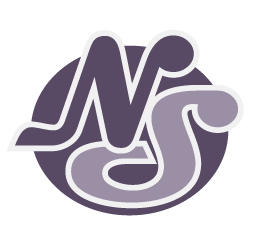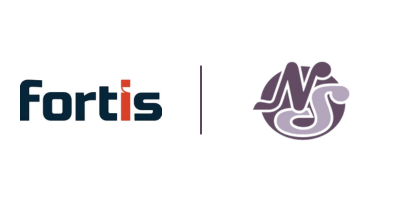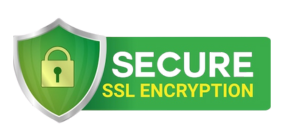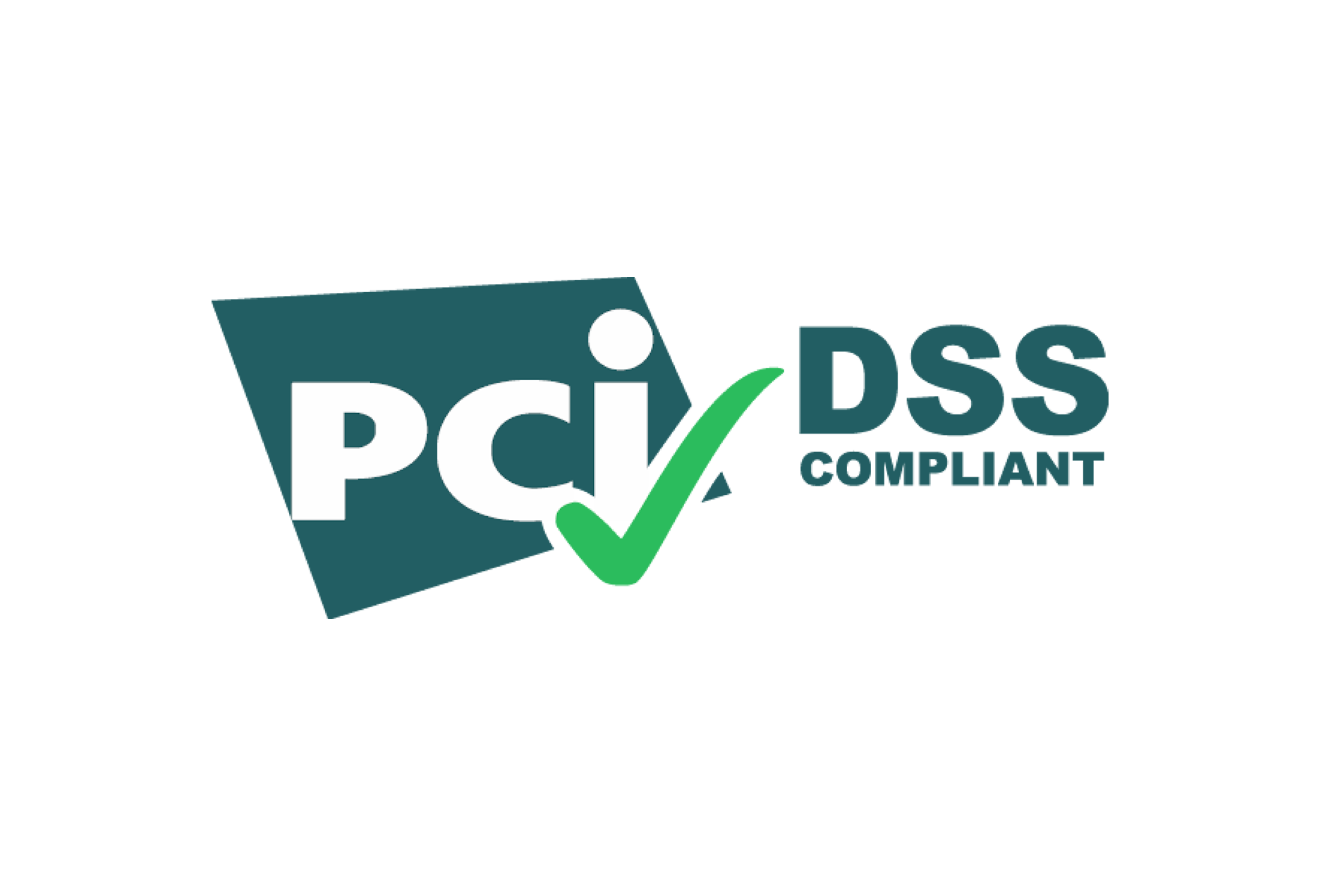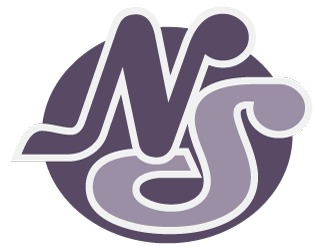7 Pain Points That Keep Integrative Medical Practice Owners Up at Night (And How to Solve Them)
Running a practice isn’t just about healing others—it’s also about surviving the daily grind behind the scenes.

Owning a small integrative medical practice is a labor of love. Whether you’re a naturopathic doctor, acupuncturist, or integrative health provider, your mission is to offer personalized, holistic care. But between patients, paperwork, and payroll, many practice owners find themselves stretched thin.
Here are seven of the most common challenges faced by small integrative practice owners—and what you can do about them.
1. Administrative Overload
From SOAP notes to scheduling and insurance billing, the sheer volume of admin work is a constant drain. Most practice owners spend hours each week on tasks that could be automated or delegated.
Solutions:
- Use an EHR that’s designed for integrative care
- Automate patient intake, reminders, and follow-ups
- Delegate non-clinical tasks to virtual or part-time staff
2. Unpredictable Finances
Many practices face irregular income due to no-shows, billing delays, or inconsistent patient loads. Insurance reimbursements can be low or slow, especially in holistic care settings.
Solutions:
- Offer membership or package models for cash flow stability
- Use integrated billing tools that simplify claims and payments
- Reduce overhead by streamlining software and services
3. Patient Engagement Struggles
Building a strong patient base takes time—and keeping them engaged is even harder. Missed appointments and lack of follow-through can impact outcomes and income.
Solutions:
- Use two-way text reminders and easy rescheduling tools
- Offer telehealth visits for greater accessibility
- Provide educational resources that promote long-term engagement
4. Staffing Challenges
It’s tough to find staff who understand both customer service and the nuances of integrative medicine. Many practice owners are forced to do it all themselves.
Solutions:
- Document repeatable office processes for easier onboarding
- Hire part-time or remote assistants with healthcare admin experience
- Consider outsourcing tasks like billing or marketing
5. Technology That Doesn’t Fit
Most mainstream medical software isn’t designed for integrative practices. You may be using 3–5 different tools just to manage appointments, notes, billing, and telehealth.
Solutions:
- Choose an all-in-one practice management system that supports holistic care
- Look for tools that integrate with your existing systems
- Prioritize user-friendly platforms to reduce learning curves
6. Marketing and Growth Barriers
Even with great care, patients won’t just walk in the door. Building a consistent referral pipeline and online presence is a constant uphill battle.
Solutions:
- Create a simple, informative website with online booking
- Collect reviews and testimonials from happy patients
- Educate your audience with regular blog posts, emails, or workshops
7. Work-Life Imbalance
Running a solo or small group practice can lead to long hours, emotional burnout, and little room for rest or personal growth.
Solutions:
- Block time for non-clinical work (and self-care) each week
- Use systems to reduce daily chaos and decision fatigue
- Build a support network with other integrative providers
Final Thoughts
Your passion is helping people heal—but your practice needs structure, support, and smart tools to thrive. By addressing these common pain points head-on, you can create a business that supports your purpose and your peace of mind.
Need a solution designed specifically for integrative practices? NaturaeSoft’s OfficePro Suite was built by practitioners, for practitioners. With tools that simplify scheduling, streamline telehealth, and automate admin work, you can finally focus on what matters most—your patients.
